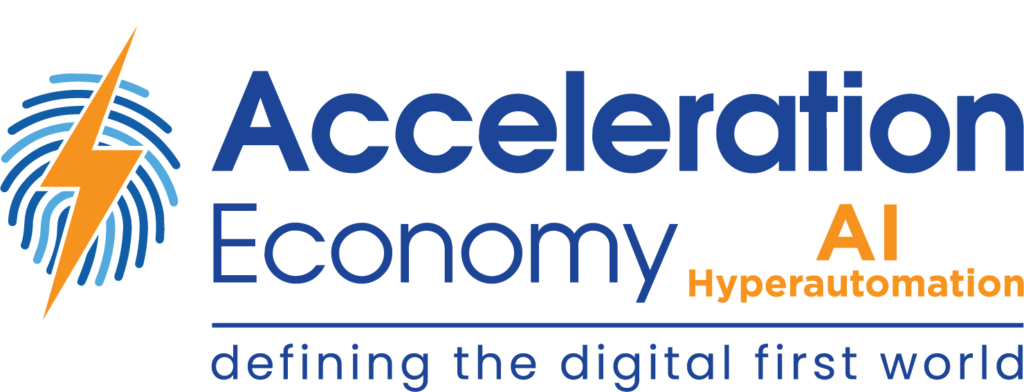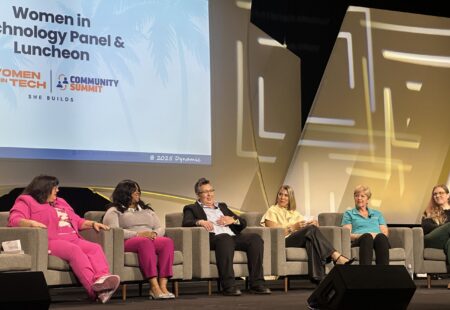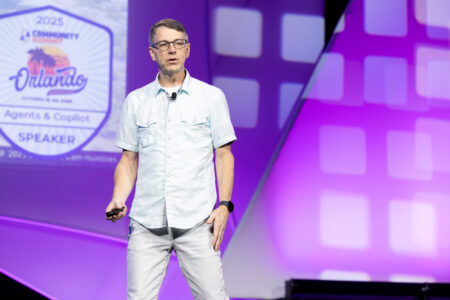In episode 98 of the AI/Hyperautomation Minute, Aaron Back explains why, as the development of AI and large language models continues advancing, multilingual language models are necessary for the preservation of humanity and language within technology.
This episode is sponsored by Acceleration Economy’s Generative AI Digital Summit. View the event, which features practitioner and platform insights on how solutions such as ChatGPT will impact the future of work, customer experience, data strategy, cybersecurity, and more, by registering for your free on-demand pass.
Highlights
00:52 — Large language models (LLMs) are a critical factor in the future of AI. These are a subset of AI systems that can process and output the generation of text. LLMs are built to receive trillions of input parameters.
01:44 — However, the vast majority of LLMs, and the structures around them, are based on the English language. If it’s based on the English language, it will suffer from an inherent issue with some translations of English and other languages.
02:07 — Aaron provides a possible scenario: A native German-speaking person uses talk-to-text on their phone to send out a message or ask about the weather, but they want to communicate with an English-speaking person. So, the LLM receives the input in German and translates that into English to understand the requests.
02:42 — Instead of delivering the message to an English-speaking person, this task could just be processed as a request and then converted back into German for the output for the person who originally sent the message.
03:00 — This demonstrates the importance of multilingual language models, which involves the ability to have LLMs built using native languages — not doing a “translation Olympics,” Aaron notes.
03:32 — The use of multilingual language models can have a downstream impact on critical business decisions for multinational organizations that require translation services.
03:53 — There could be issues with this if the words or nuances of what’s being said are interpreted incorrectly. “Imagine that downstream where a decision is made — and it’s wrong,” Aaron says. This could impact people — employees and customers — in a negative way.
04:14 — Aaron emphasizes the preservation of humanity within technology — people plus technology — and the need to keep people at the front of that equation. He brings up the term “dead languages,” which were once spoken languages that have now gone extinct, “as the native speakers have died out.”
04:45 — “It’s important to preserve humanity and how we communicate — no matter the medium or technology being used to facilitate the communication” because “humanity is global and the way we communicate is very personal.”
05:26 — AI LLMs are getting close to understanding and translating words from one language to another.
Looking for real-world insights into artificial intelligence and hyperautomation? Subscribe to the AI and Hyperautomation channel:








